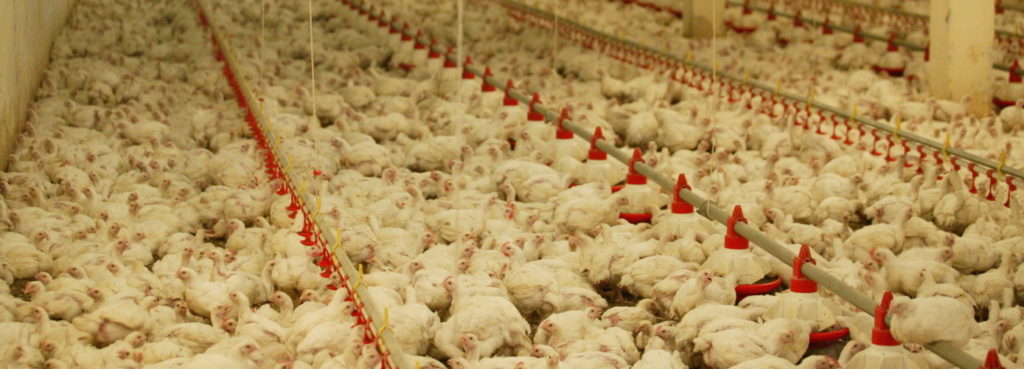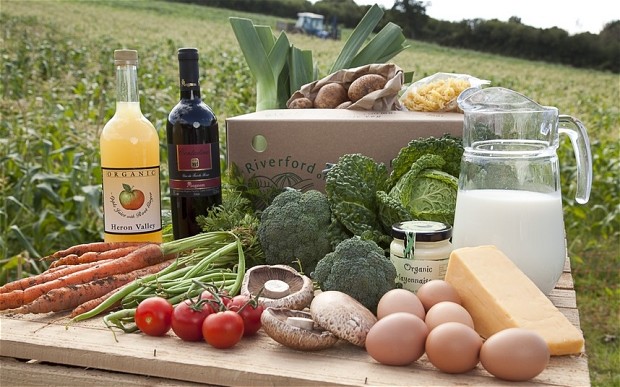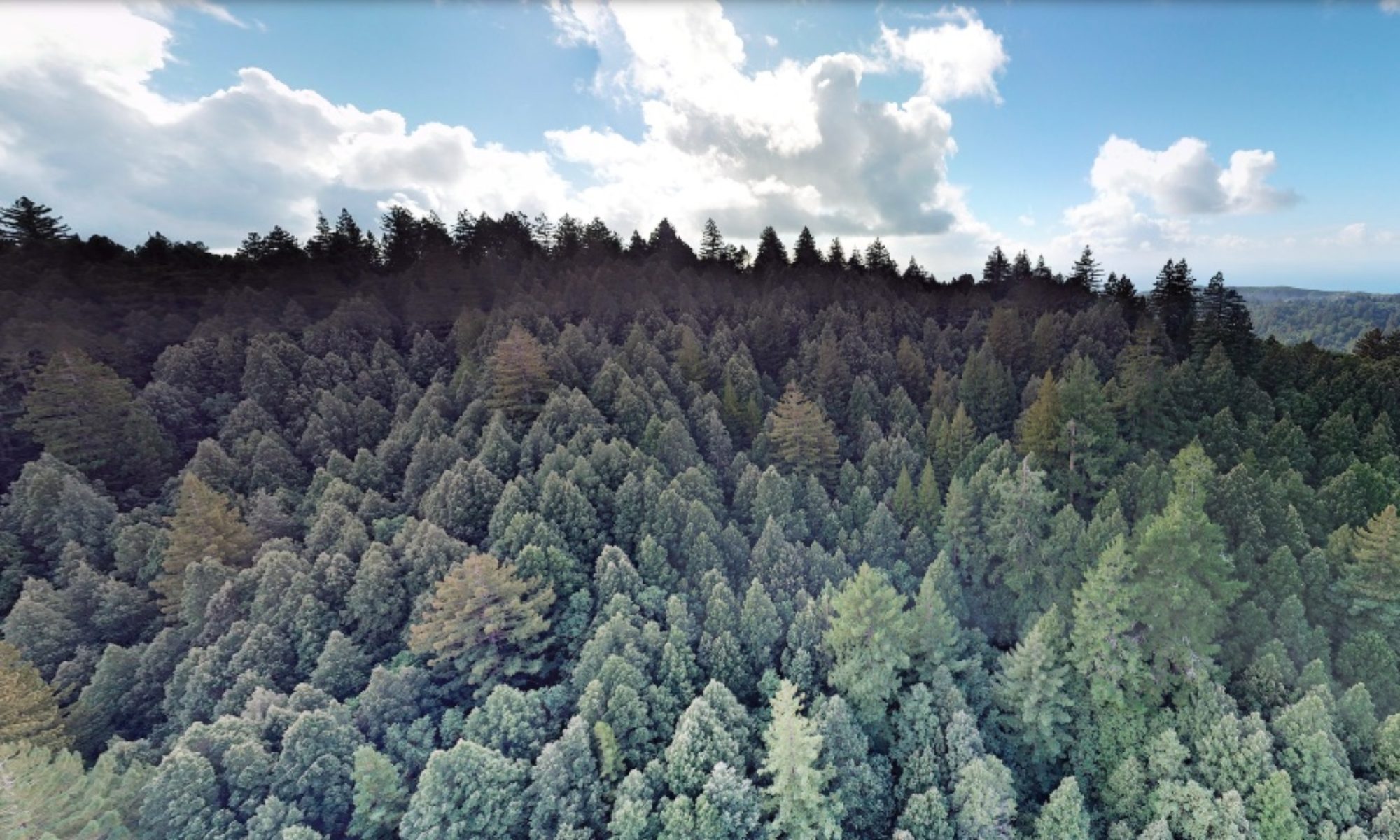I remember the first time I heard the term “globalization”. Back then it was used in reference to chains like Starbucks who had a presence in multiple different countries, a pejorative term to signal the loss of local economies and cultural identity.
I later came to understand the term much better, and in the context of the climate emergency what that has meant. In large part what it has meant is cheap consumer goods, cheaper food. It has meant the loss of manufacturing in the West – the age of “made in China”. It has meant a mass of consumer goods being shipped or flown from East to West. And it has meant a devastating destruction of the living world, both from emissions that have caused warming, and from the massive waste that’s being created.
Naomi Klein’s book about the environmental crisis, “This Changes Everything” rightly identifies that the planet’s resources, and ecosystems have largely been considered a freebie to take from and pollute for profit. There has really been little price tag put on the actually priceless nature of the living planet. Cheap labour in developing countries has also enabled companies to make profits and offer the consumer cheap goods. The result? The consumer started consuming more.
Industrialization was the start of the environment’s woes. Factories crushed the “cottage industries” of the past, and as the decades passed, agriculture got bigger and less ecological, and so did our consumption habits, aided and abetted by huge advances in fossil fuel based transportation.
Consumers in the West got cheaper goods, more exotic fruit and veg – and masses of them. Gigantic all-in-one stores like Walmart ballooned into overwhelming warehouses inviting the consumer to load up their trolleys with all the stuff on offer at cheap prices. The dawn of the supermarket was a seismic shift. People went from shopping in butchers, greengrocers and bakeries in town and village centres, which would be carried home, to driving out to supermarkets and loading up their trolleys with packaged items. The late 1950s also saw the beginnings of single-use products. An early American advertising image depicts a carefree family happily chucking their plastic waste into the air. While 70 years on we are more aware, the amount of plastic and single use coffee cups dotted around the landscape is proof that this throw-away culture has become disturbingly embedded in our lives.
The hassle-free “convenience” culture is partly to blame, but the ready disposal of so much stuff has also come about because that stuff is too cheap. When things are cheap, they aren’t valued in the same way. I’ve often heard people out clothes shopping say “it’s only a few pounds, it doesn’t matter if you only wear it once.” Primark’s business model actively encourages the idea of mass consumption and constant renewal. Its stacks of expandable baskets at store entrances entice customers to load up on low quality, cheap clothing and accessories.
Food is another part of the picture. In the past 100 years the price of food relative to income has plummeted. For the same amount of work that allowed an unskilled laborer to buy one basket of the 42 commodities in 1919, by 2019 he or she could buy 7.6 baskets. In other words, a worker 100 years ago could only buy a fifth of the amount for the same price.
The world has changed a lot since the 1950s, when a bankrupt post-war Britain lived with food rationing until 1954. The legacy of frugality disappeared over the following decades as the memory of food scarcity faded, and measures introduced to radically change Britain’s landscape into arable farming land made Britain more self sufficient with its food production. But we are wasting food. A shocking 30-40% is thrown away, with the average household throwing away 6 meals a week – something unthinkable for the war generation.
Reducing food waste worldwide would make a significant contribution to tackling climate change, says a report by WRAP. It found waste is responsible for around 7% of all greenhouse gas emissions globally.
There has also been a massive growth in population. Since the 1950s, the global population has tripled and put pressure on our food systems. Cash-crops plantations from palm oil to coffee to cocoa have sprung up across the developing world with devastating consequences for wildlife and ecosystems. Fruit and vegetables are now grown on massive scales with industrial machinery and soakings of pesticides, and we have a vast selection of exotic produce to choose from all year round. But intensive farming’s excessive use of pesticides and heavy machine has not only led to a massive die off in the insect population but also caused considerable damage to the soil, putting in peril the natural world.

When it comes to animals the picture is equally bleak. Intensive farming of animals to maximize profit means poor and cramped living conditions, with some animals never seeing the light of day. For chicken farming, specialized farms pack chicks into small areas monitored with heat and light to accelerate the growth period down from 3 months to just 30 days. This allows Sainbury’s, Tescos and other supermarkets to charge less than £3 for a whole chicken (with an organic counterpart costing 3 times the amount.)
Beef is similarly cheap. A big mac at McDonald’s costs just £3, but there’s often an ugly story behind cheap prices. The demand for beef has driven massive deforestation in the Amazon rainforest to make space for cattle grazing.

In the West we have grown up with a culture of high consumption and high waste. The way we produce food and goods has changed almost beyond recognition in the last 100 years. It’s not easy to turn the clock back to the low waste 1950s, especially since we live in a supermarket era of hyper-packaging, but by adopting the “waste not want not” approach to food – and by buying more ethically, we can all start to fight the climate crisis.

